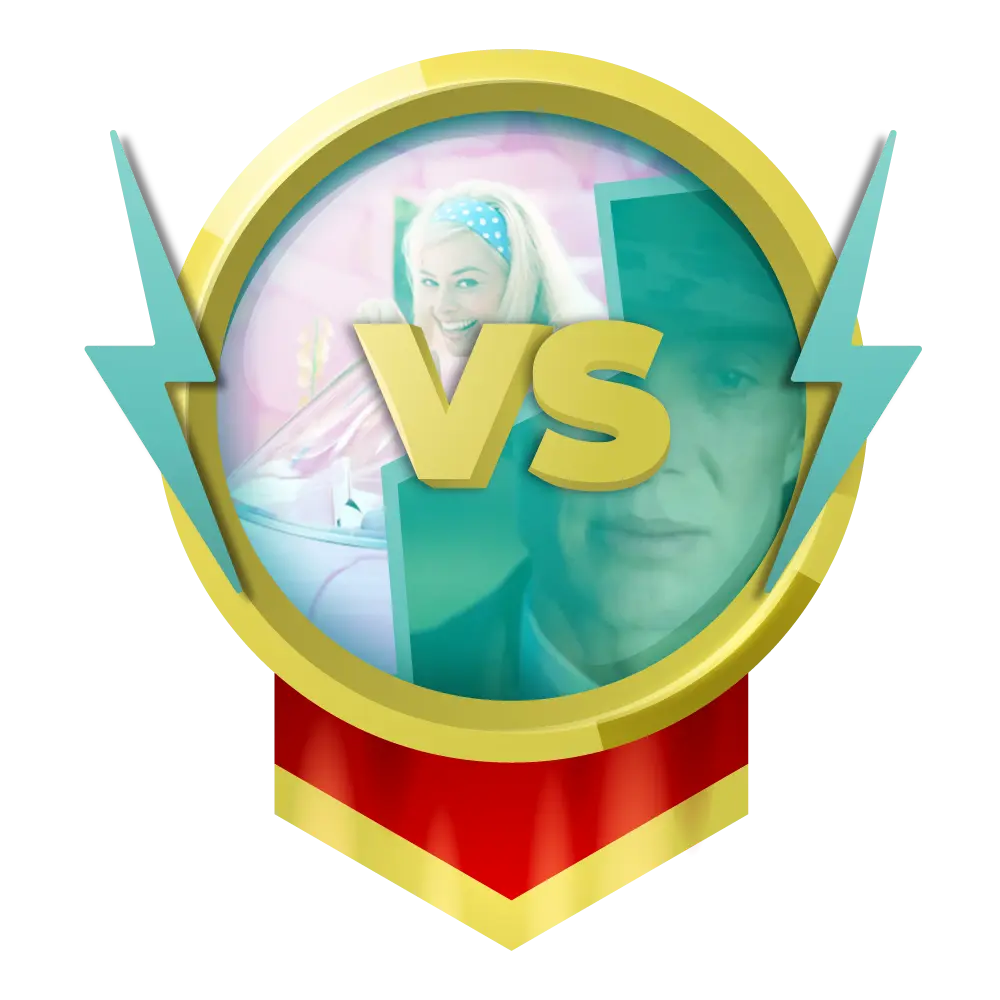Hello Peliplaters!
Have you seen any interesting movies lately?
In the past two weeks, I've found myself drawn more to TV series. The Franchise caught my eyes among recent high-quality shows, not for its popularity—it’s not quite a hit—but for its polarizing audience reactions: viewers either love it or hate it, with little middle ground. As someone who has worked on film sets and has an interest in Sam Mendes' (American Beauty) direction, I was particularly intrigued to watch it.

Some argue that the show relies on stereotypes and one-dimensional characters, but I personally find their personalities quite nuanced. The poster above perfectly captures the essence of a real film set—everyone engrossed in their tasks amid the constant bustle and tight schedules. While artists may have complex inner lives, their outward personas often appear straightforward due to their intense focus. When deeply engaged, people tend to reveal only one facet of their personality.
Among all the characters, Daniel resonates with me the most. As Eric's first assistant, Daniel takes on a multifaceted role. Eric is quite a stubborn and sensitive director. Daniel not only has to meet his various demands but also has to serve as his "emotional caretaker," ensuring Eric is always at his best. Ironically, when he makes mistakes, Daniel becomes the scapegoat. As the director's right-hand man, it's his duty to anticipate and advise against potential missteps—a challenging balance to maintain.
It’s a dilemma, isn’t it? Offering either suggestions or criticisms is likely to hurt someone's feelings, especially given Eric's sensitivity. Yet he isn’t the only one on set that Daniel has to play the emotional caretaker for. The stunt performer seeks relaxation through casual talks with him, the lead actor needs his encouragement due to lack of confidence, the producer vents frustrations about the director to him, and he even mediates jealousy and mockery between the supporting and lead actors. I can't help but wonder if the film crew could function normally without Daniel. However, despite his crucial contributions to the crew's operations, he remains a non-person.

Protagonists in stories are typically underdogs struggling to break through class barriers, powerful figures pulling strings behind the scenes or exceptional elites with high status. It's rare to see characters like Daniel who occupy a middle ground between these two extremes.
In reality, there are many people like Daniel. Their work, though crucial, often goes unrecognized and unappreciated. Instead of achieving things directly, they primarily assist others in reaching their goals. Daniel is akin to a streetlamp—everyone hurrying along the street is focused on their destination, heading there under the light's illumination, yet rarely sparing a moment to thank the lamp for its aid. However, if the lamp malfunctions, it becomes the target of everyone's frustration.
These individuals act more from a sense of duty than from love. When everything runs smoothly, all is well, but when business falters, even minor issues can become grating. Responsible people are, of course, human too—they dislike the same things others do, but they can't lower the standards. Their sense of responsibility compels them to elevate unpleasant situations to a satisfactory level. It's exactly through this repeated process of transforming challenging situations into manageable ones that they achieve excellence.
People like Daniel deserve far more respect and recognition.

































View replies 0
View replies 0
View replies 0